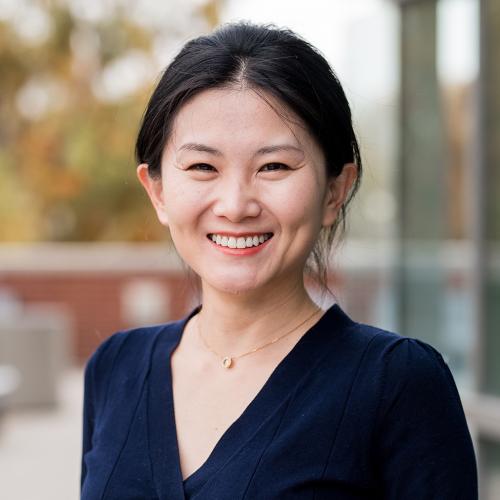The iSchool is pleased to announce that Yue Guo joined the faculty as an assistant professor on August 16, 2024. She recently completed her PhD in biomedical and health informatics at the University of Washington.
Guo's research centers on artificial intelligence (AI) in medicine, with a particular focus on enhancing the accessibility and personalization of health information through natural language processing (NLP) methodologies. Her work investigates how AI can interpret scientific content, empowering individuals to make more informed health-related decisions and fostering interdisciplinary innovation. With a unique blend of medical training and NLP expertise, Guo is poised to address real-world healthcare challenges through AI and data science. She holds an MBBS (equivalent to an MD) from Capital Medical University in China and master's degree in epidemiology from Johns Hopkins University. In addition, as a postdoctoral research fellow at The Johns Hopkins University School of Medicine, Guo gained experience in developing personalized clinical decision support systems.
"Yue's substantial experience is well aligned with our School's forward-thinking and multifaceted approach to teaching, research, and engagement. We are delighted that she has joined our talented faculty," said Dean and Professor Eunice E. Santos.
"I'm incredibly excited to be a part of the iSchool at Illinois. The School's commitment to interdisciplinary collaboration aligns perfectly with my passion for using AI to transform healthcare delivery," said Guo. "I'm eager to engage with the brilliant minds here—both students and faculty—to explore new ways of making health information more accessible and actionable for everyone involved in healthcare."
